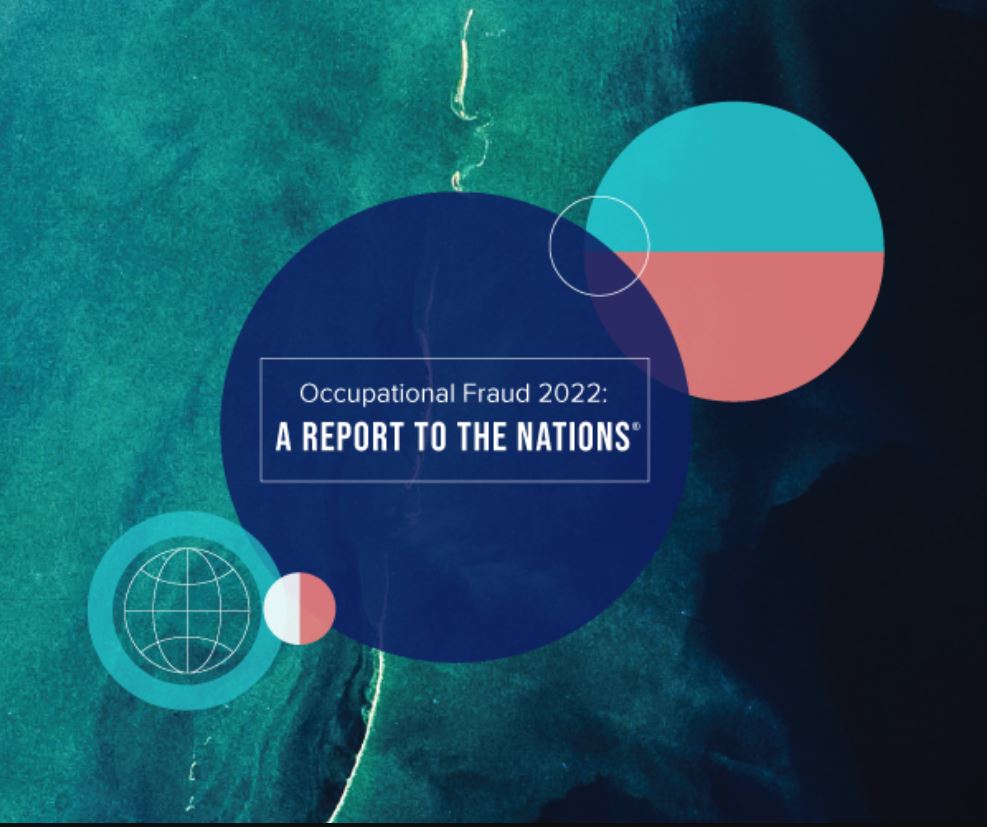Book A Demo
To book a demo please complete the form and we will come back to you shortly.
To book a demo please complete the form and we will come back to you shortly.
New Zealand

The pandemic has had an impact on occupational fraud cases, giving employees new opportunities to commit fraud – but also offering organisations new ways to detect it.
According to the report, half of all fraud cases in the study were affected by the pandemic in some way. “With more employees working remotely and organisations implementing major changes in processes, the pandemic created more potential opportunities for fraud in some organisations, as well as bolstering anti-fraud controls in others,” says the report.
Between 2012 and 2022, fraud cases were caught faster, causing smaller losses.

ACFE estimates that organisations lose 5% percent of revenue every year to fraud. The average loss per case? US$1,783,000.
Owners/executives committed only 23% of occupational frauds, but they caused the largest losses.

42% of frauds were detected by tip off, with more than half of all tip offs coming from employees. (Organisations with hotlines detect fraud more quickly and have lower losses than organisations without hotlines.)
How are reports being made? Email and web-based reporting has overtaken phone lines as the most common methods.

The three most prevalent fraudulent schemes? Asset misappropriation, financial statement fraud and corruption schemes.
The presence of anti-fraud controls is closely associated with lower losses from fraud and quicker fraud detection, says the report.
“The best way to stop occupational fraud remains something available to all organisations,” says the ACFE. “Create anti-fraud controls and train employees how to use them.”

As mentioned above, tips were the most common way fraud was detected.
“With their high success rate and low implementation cost, all organisations should have a tip hotline or mechanism to report fraud,” says the report. “While in the past hotlines were phone lines that employees could call to anonymously report fraud, hotlines today can include forms on a webpage or a special e-mail set up to collect tips.”
“No matter how much we try to use advanced tools to detect fraud, the main way it gets detected is by tip, someone reporting it,” says John Warren, Vice President and General Counsel of the ACFE and co-author of the report. “That’s why you need anti-fraud programs. You have to have a hotline; you have to have people know how to tell you.”
Read the ACFE Report to the Nations 2022 here.
Ethics starts at the top, and when employees see that business leaders are committed to honesty and accountability, employees are more empowered to report the suspected wrongdoing they encounter.
To learn more about Report It Now and the customised service platform we can provide for your business, contact us for a free, confidential assessment.